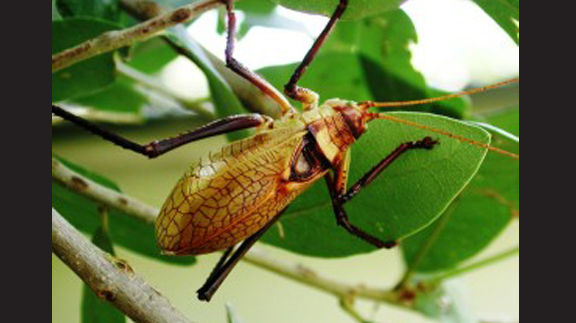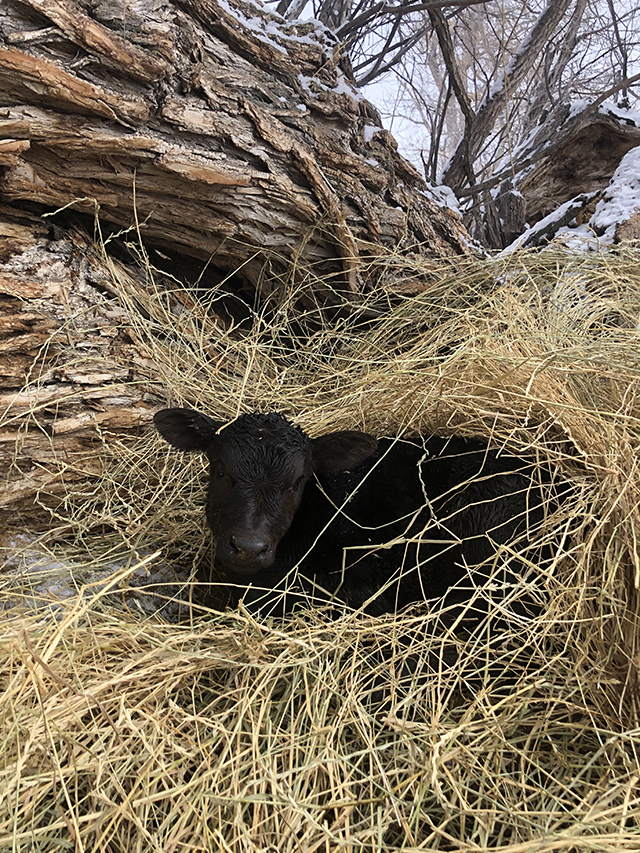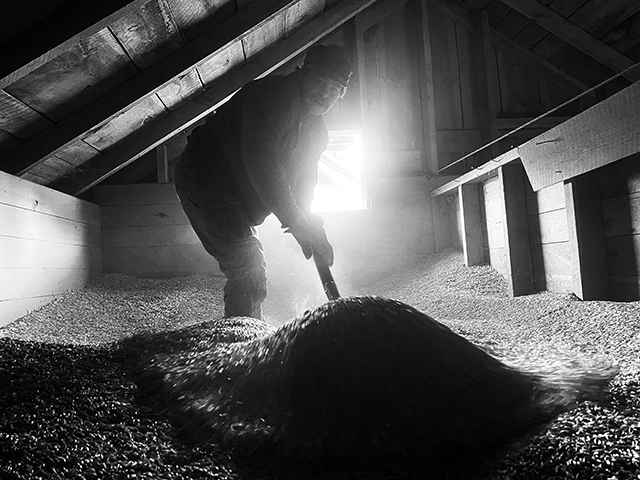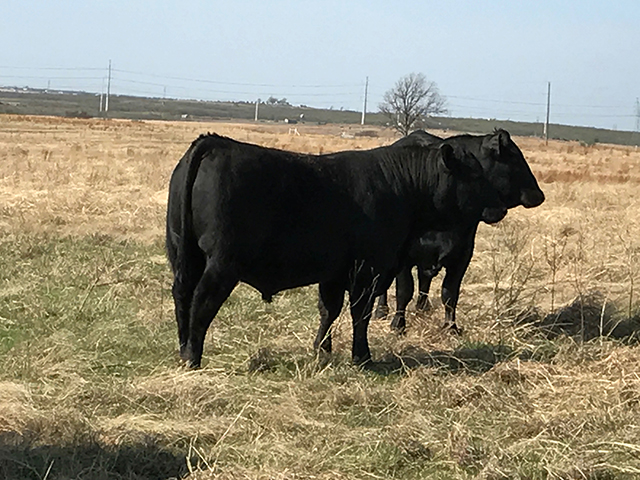Farm & Ranch
[AgriLife Today] School integrated pest management training set for July 28 in Dallas

(Photo: A day-long program on school integrated pest management will be held July 28 in Building C of the Texas A&M AgriLife Research and Extension Center at 17360 Coit Road in Dallas. (Texas A&M AgriLife Extension Service photo))
By: Paul Schattenberg
DALLAS – A one-day program for school integrated pest management coordinators will be held July 28 at the Texas A&M AgriLife Research and Extension Center in Dallas.
“All Texas public school districts must have an integrated pest management program and must appoint and train a pest management coordinator to oversee all pesticide and pest control operations,” said Janet Hurley, Texas A&M AgriLife Extension Service school integrated pest management specialist in Dallas.he program is scheduled from 8:30 a.m.-4:30 p.m. in Building C classroom at the center, which is at 17360 Coit Road.
Integrated pest management, or IPM, can be used by anyone with proper training, Hurley said, adding that AgriLife Extension is the only state agency that conducts required training in school IPM.
“If you’re a new integrated pest management coordinator and have not yet taken the six-hour mandatory training, this class is for you,” she said. “But whether this is your first time or you just need a refresher course, this class will help coordinators understand their role in the school IPM program and help prepare them for Texas Department of Agriculture inspections.”
She said school integrated pest management coordinators are mandated by the state to obtain six hours of continuing education credits every three years.
The course will cover legal requirements for schools, an introduction to IPM, how to monitor schools under the new requirements and a hands-on exercise to understand the difference between green, yellow and red category pesticides.
The program fee is $135. Advanced registration is requested through the Texas A&M AgriLife Extension Conference Registration website at https://agriliferegister.tamu.edu. Enter “IPM” in the search to find the class. Registration at the door will be $155.
All participants will receive a three-ring notebook with necessary forms and paperwork on school IPM program implementation, Hurley said.
“If schools in the area would like to have their IPM program reviewed, we are willing to do that free of charge,” Hurley said.
For more information about school integrated pest management, go to http://schoolipm.tamu.edu or call 877-747-6872. For questions about registering with a purchase order or to request W-9 forms, call 979-845-2604.
-30-
Farm & Ranch
Ag Elsewhere: Wyoming

By Tressa Lawrence
Babies are tucked away in every nook and cranny. Many ranchers across Wyoming have baby animals popping up all over this time of year.
Farm & Ranch
Ag Elsewhere: Montana

By Lindsey Monk
Another load of grain in to keep feeding the calves until the green grass can really start popping.
Farm & Ranch
Meanwhile, Back at the Ranch….

By Rayford Pullen | [email protected]
Spring has sprung and hopefully the rains will continue where our country will heal from the previous droughts and our grasses will thrive. We are especially hopeful for the Panhandle of Texas where our neighbors and friends have been dealt a deadly blow to homes, ranges, livestock, and people. Keep them in your prayers as they will not be able to return to normal for many years if at all. Having lost their ability to benefit from this great cattle market is a double whammy for all of them.
Now is the time of year when we need to take care of business as it relates to our new calves that have been hitting the ground this spring. First and foremost is vaccinating for Blackleg followed by deworming with a white wormer and the IBR complex. Blackleg is a soil-born disease and with pastures extremely short this spring our calves have been grazing the green grass as soon as it shows itself, making them even more vulnerable to picking contaminates from the soil.
To read more, pick up a copy of the April issue of NTFR magazine. To subscribe by mail, call 940-872-5922.
-

 Country Lifestyles1 year ago
Country Lifestyles1 year agoScott & Stacey Schumacher: A Growth Mindset
-

 Equine7 months ago
Equine7 months agoThe Will to Win
-

 Country Lifestyles7 years ago
Country Lifestyles7 years agoStyle Your Profile – What your style cowboy hat says about you and new trends in 2017
-

 Country Lifestyles4 years ago
Country Lifestyles4 years agoAmber Crawford, Breakaway Roper
-

 HOME7 years ago
HOME7 years agoGrazing North Texas – Wilman Lovegrass
-

 Country Lifestyles7 years ago
Country Lifestyles7 years agoDecember 2016 Profile, Rusty Riddle – The Riddle Way
-

 Country Lifestyles8 years ago
Country Lifestyles8 years agoJune 2016 Profile – The man behind the mic: Bob Tallman
-

 Country Lifestyles8 years ago
Country Lifestyles8 years agoCowboy Culture with Clay Reid – Being a Man






